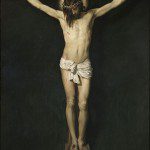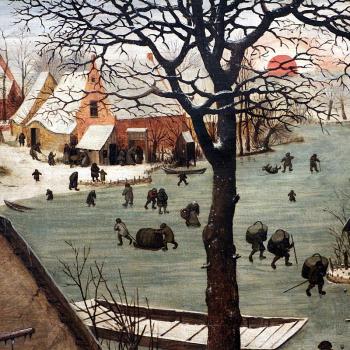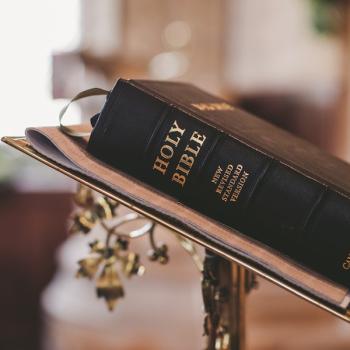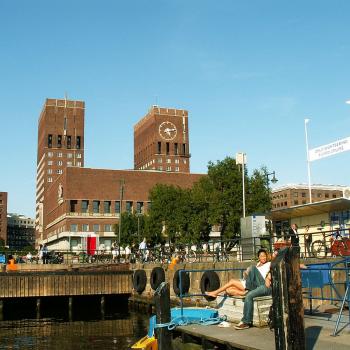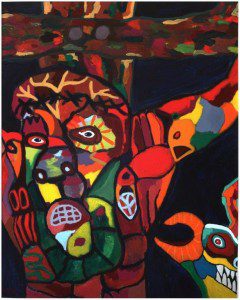
Painfully aware of my otherness, I sat in my weekly seminar on Being and Time, ashes smeared on my forehead, knowingly alone. The next day, Thursday, it was time for “Mysticism and Modernity,” a course exploring the intersection between Christian mystical thought and critical theory. Surely someone else bothering to read Meister Eckhart must care about the transcendent. And yet, when my professor implied that we students might know of the sermon-form from church, he was met with snickers and nervous, not wholly un-derisive, laughter.
This is what it means to be a Catholic PhD student in the Humanities, a whirlpool of cluelessness and misunderstandings. How does someone with your interests still believe in God? Why, even in belief, would you commit yourself to a hierarchical, painfully-out-of-step church? Who indoctrinated you?
Of course no one has actually been brazen enough to ask these questions, but they underpin most of my experiences. People are curious, but curious like an American backpacker taking in soccer at a European pub: surely, this weird and complicated sport has something to do with my cultural past; it seems to support communal activity. But it’s never any more than an arcane, and sometimes laughable, game.
Early on, I tried attending Catholic fellowship meetings, but I seemed to have less in common with my fellow Catholics than with my own graduate cohort. Everyone was an economist, an engineer, or a foreign-policy analyst. Their paradigms lined up better with American Protestantism and its philosophical offshoots than they did with my Catholic readings of Sartre and Žižek. If I had declaimed Rilke or Merleau-Ponty, they would’ve declared they’d found happiness—and blinked.
Contra their glazed eyes, mine were somewhere between tearful and furrowed. The Humanities determine our theoretical conversations; they set the terms for our “culture wars.” You complain about this and that but you’ve never even read Judith Butler; you’ve Aquinas handy to end conversations, but you know nothing of Guy Debord. What exactly do you plan to change? I want to burst out:
Look, I am groaning beneath you,
as a wagon groans when laden with sheaves…
The swift of foot shall not escape,
nor shall the horseman save his life.
And the most stouthearted of warriors
shall flee naked on that day. (Amos 2:13,15-16)
Instead, I typically go back to reading Boethius and Lacan.



